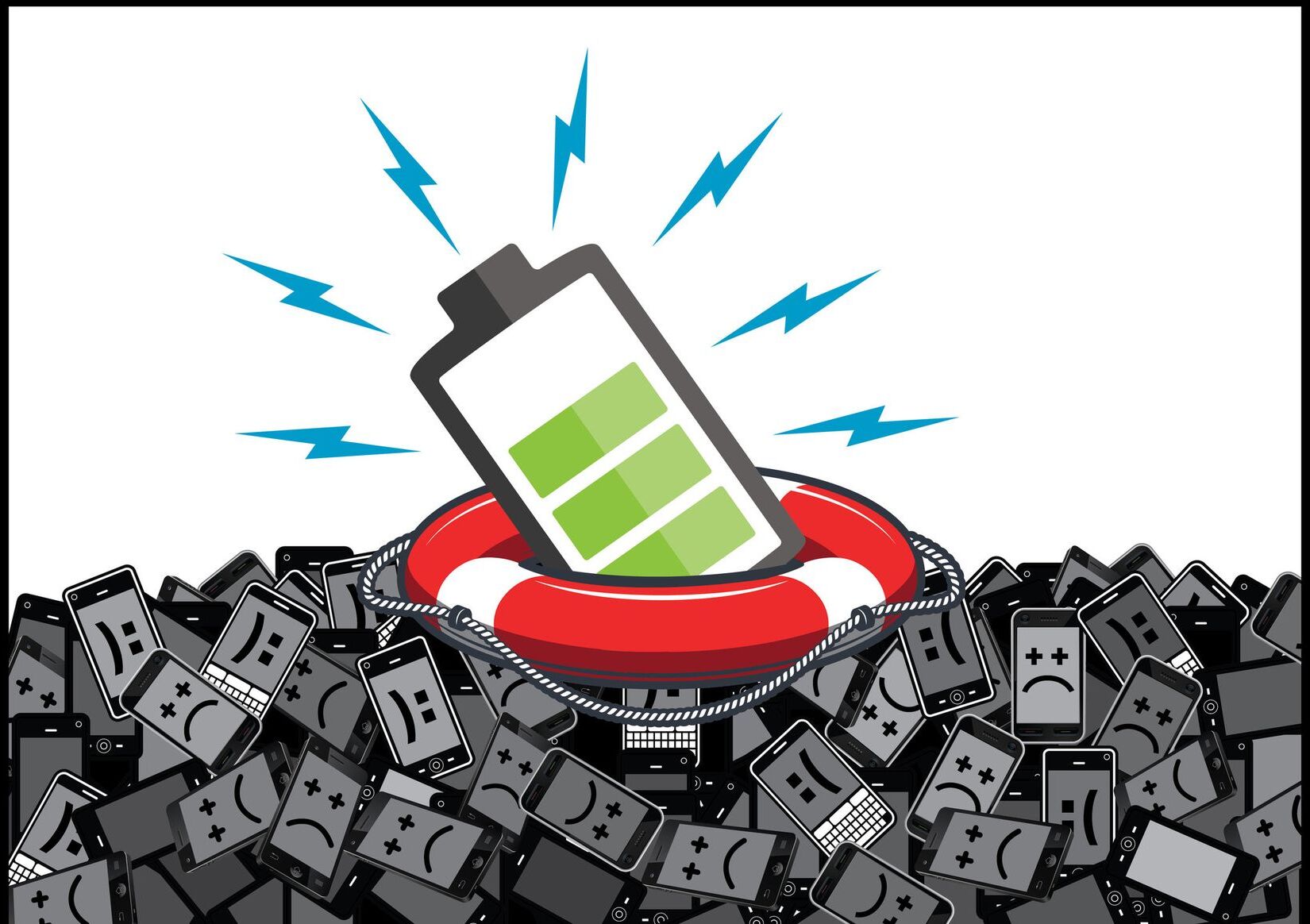
Battery life is a crucial aspect of our daily gadgets. Ever wondered why your phone dies so quickly or how to make your laptop last longer? Understanding battery life can help you get the most out of your devices. From smartphones to electric cars, batteries power our world. Knowing a few key facts can save you time, money, and frustration. In this post, we’ll share 33 facts about battery life that will help you keep your devices running longer and more efficiently. Whether you’re a tech enthusiast or just someone who wants their phone to last through the day, these tips are for you.
Key Takeaways:
- Understanding Battery Basics Battery life refers to how long a battery can power a device, while lifespan is how long it can function. Lithium-ion batteries are common, and capacity is measured in mAh or Wh.
- Maximizing Battery Performance Factors like temperature, usage patterns, screen brightness, and background apps affect battery life. Charging habits, battery technologies, and maintenance also play a crucial role in maximizing battery performance.
Understanding Battery Basics
Knowing the fundamentals of battery life helps in making informed decisions about usage and maintenance. Here are some essential facts to get you started.
- Battery life refers to the duration a battery can power a device before needing a recharge.
- Battery lifespan is the total time a battery can function before it no longer holds a charge.
- Lithium-ion batteries are the most common type used in smartphones, laptops, and electric vehicles.
- Capacity is measured in milliampere-hours (mAh) or watt-hours (Wh), indicating how much energy a battery can store.
Factors Affecting Battery Life
Several elements influence how long your battery lasts. Understanding these can help you maximize its performance.
- Temperature extremes can shorten battery life. High heat accelerates chemical reactions, while cold slows them down.
- Usage patterns like frequent charging and discharging affect longevity. Short, frequent charges are better than full discharges.
- Screen brightness significantly impacts battery consumption. Lowering brightness can extend usage time.
- Background apps drain power even when not in use. Closing unnecessary apps can save energy.
Charging Habits
How you charge your device plays a crucial role in battery health. Here are some tips to keep in mind.
- Avoid overcharging as it can degrade battery capacity over time. Unplug once fully charged.
- Use original chargers to ensure optimal charging speed and safety. Third-party chargers may harm the battery.
- Fast charging is convenient but generates more heat, potentially reducing lifespan.
- Partial charging is better than full discharges. Keeping the battery between 20% and 80% can prolong its life.
Battery Technologies
Different technologies offer various benefits and drawbacks. Here’s a look at some popular options.
- Nickel-Cadmium (NiCd) batteries are durable but suffer from the memory effect, reducing capacity over time.
- Nickel-Metal Hydride (NiMH) batteries have higher capacity than NiCd but are less efficient.
- Lithium-Polymer (Li-Po) batteries are lightweight and flexible, making them ideal for slim devices.
- Solid-state batteries promise higher energy density and safety but are still in development stages.
Battery Maintenance Tips
Proper care can extend battery life and efficiency. Follow these tips for better performance.
- Calibrate your battery by fully charging and discharging it once a month to maintain accuracy.
- Store batteries in a cool, dry place when not in use. Extreme conditions can degrade them.
- Avoid physical damage as punctures or impacts can cause leaks or explosions.
- Clean battery contacts regularly to ensure a good connection and efficient power transfer.
Environmental Impact
Batteries have a significant environmental footprint. Being aware can help make more sustainable choices.
- Recycling batteries prevents harmful chemicals from entering landfills and allows for material recovery.
- Battery production involves mining rare metals, which can be environmentally damaging.
- Electric vehicles use large batteries, raising concerns about disposal and recycling.
- Renewable energy storage relies on batteries, making sustainable battery technology crucial for a green future.
Innovations in Battery Life
New technologies are constantly emerging to improve battery life and efficiency. Here are some exciting developments.
- Graphene batteries offer faster charging and longer lifespan compared to traditional lithium-ion.
- Silicon anodes can increase capacity but face challenges with stability and longevity.
- Sodium-ion batteries are a cheaper alternative to lithium-ion, though less energy-dense.
- Wireless charging is becoming more efficient, reducing the need for cables and ports.
Everyday Battery Myths
Misconceptions about batteries can lead to poor practices. Let’s clear up some common myths.
- Myth: Letting your battery die completely is good. Fact: Frequent full discharges can shorten lifespan.
- Myth: Closing apps saves battery. Fact: Some apps use more power to restart than to run in the background.
- Myth: Using your phone while charging is harmful. Fact: It’s generally safe but can generate extra heat.
- Myth: Turning off Wi-Fi and Bluetooth saves significant power. Fact: Modern devices manage these efficiently, so the impact is minimal.
Future of Battery Life
The future holds promising advancements in battery technology. Here’s what to look forward to.
- Solid-state batteries could revolutionize energy storage with higher capacity and safety.
Final Thoughts on Battery Life
Battery life affects our daily lives more than we realize. From smartphones to electric cars, understanding how batteries work can help us make better choices. Simple habits like reducing screen brightness, closing unused apps, and avoiding extreme temperatures can extend battery life. Also, knowing the difference between lithium-ion and nickel-metal hydride batteries can guide us in picking the right devices.
Remember, batteries have a limited lifespan. Regularly updating software, using original chargers, and avoiding full discharges can keep them healthy longer. As technology advances, new battery types and improvements will continue to emerge. Staying informed about these changes can help us adapt and make the most of our devices.
In short, being mindful of battery care can save time, money, and frustration. So, next time you plug in your device, think about these tips and enjoy longer-lasting power.
Frequently Asked Questions
Was this page helpful?
Our commitment to delivering trustworthy and engaging content is at the heart of what we do. Each fact on our site is contributed by real users like you, bringing a wealth of diverse insights and information. To ensure the highest standards of accuracy and reliability, our dedicated editors meticulously review each submission. This process guarantees that the facts we share are not only fascinating but also credible. Trust in our commitment to quality and authenticity as you explore and learn with us.


